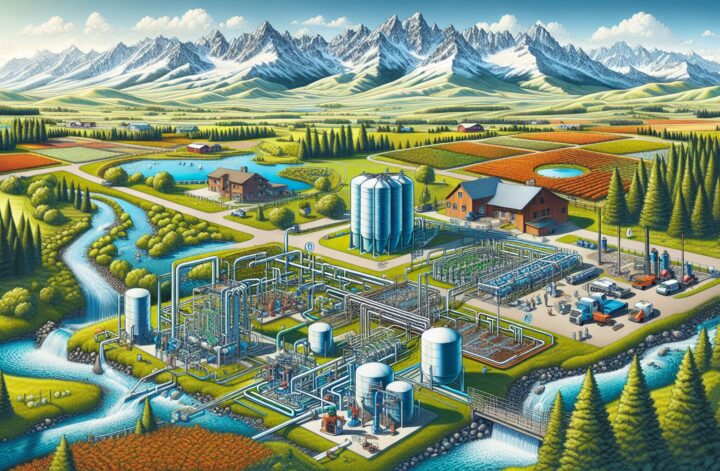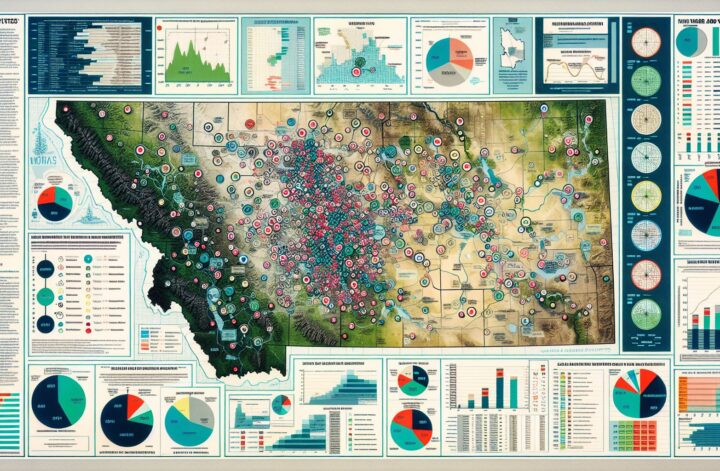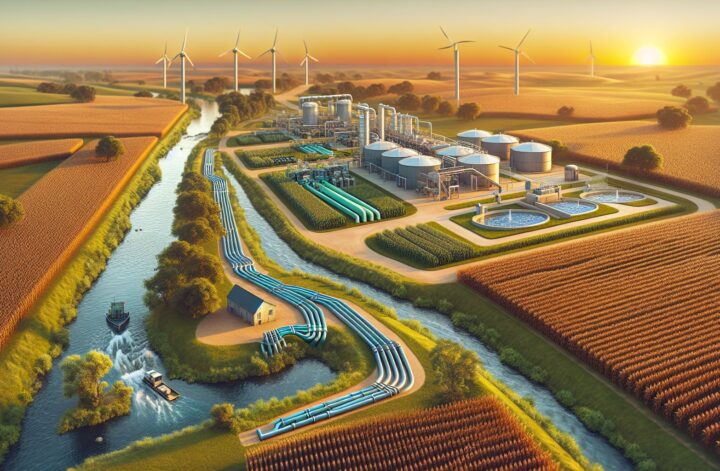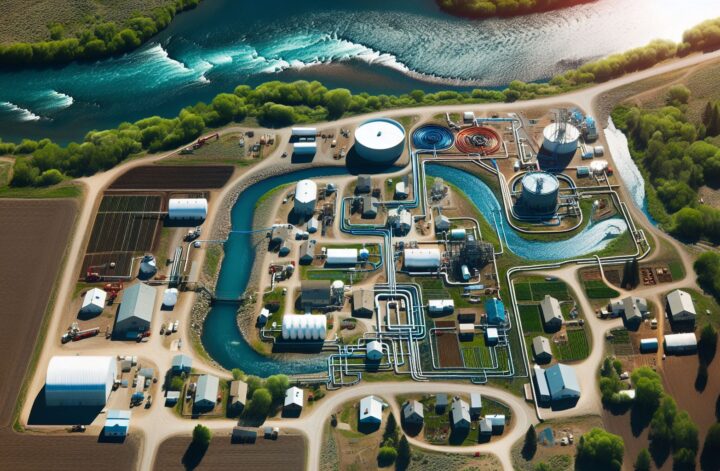Bozeman, Montana – a city with approximately 48,532 residents – is known for its beautiful vistas, outdoor recreation, and a mix of rural and urban amenities. Despite this, one often overlooked feature is Bozeman’s dedication to its rural water and wastewater systems.
Assessing the Need for Upgrades
Bozeman’s water and wastewater systems are primarily catered to residential and commercial, with a significant portion being supplied to meet the needs of rural farmlands. The Montana Department of Environmental Quality (DEQ) regularly checks and maintains the public water supply and wastewater systems across the state to ensure compliance with environmental and health standards[^1^]. However, much of Bozeman’s rural infrastructure was installed decades ago and is due for upgrades to maintain adequate services as the population continues to grow.
Investing in Infrastructure
To accommodate growth and sustainability, the City of Bozeman has put forth a comprehensive capital improvement plan (CIP) with significant investment earmarked for its water and wastewater systems[^2^]. This investment includes upgrades to the existing systems, installation of new pipelines, and development of treatment facilities. The plan also emphasizes sustainable practices in water management, such as water conservation programs and efficient irrigation methods.
Sustainable Agricultural Practices
A significant portion of Bozeman’s rural water supply contributes to local agriculture. Montana State University (MSU) Extension’s efforts to introduce sustainable farming methods have resulted in a reduced strain on Bozeman’s water resources[^3^]. These sustainable methods include the use of drought-tolerant crops and waste recycling systems that minimize the use of freshwater resources in the city’s wastewater systems.
Challenges and Future Plans
While Bozeman is dedicated to improving its water and wastewater systems, challenges like geographic restrictions, climate change impacts, and lack of federal funding pose limitations. However, the city is confident about its comprehensive CIP, ongoing collaboration with MSU, and the community’s support in facing these challenges.
In the future, Bozeman aims to continue its investments in sustainable infrastructure as it expands. The ultimate goal is to establish a water and wastewater network that fulfills the needs of a growing population while being resilient to a changing climate.
[^1^]: Montana DEQ – Public water supply and systems in Montana
[^2^]: Bozeman’s Capital Improvement Plan
[^3^]: Montana State University Extension – Sustainable Farming Practices




